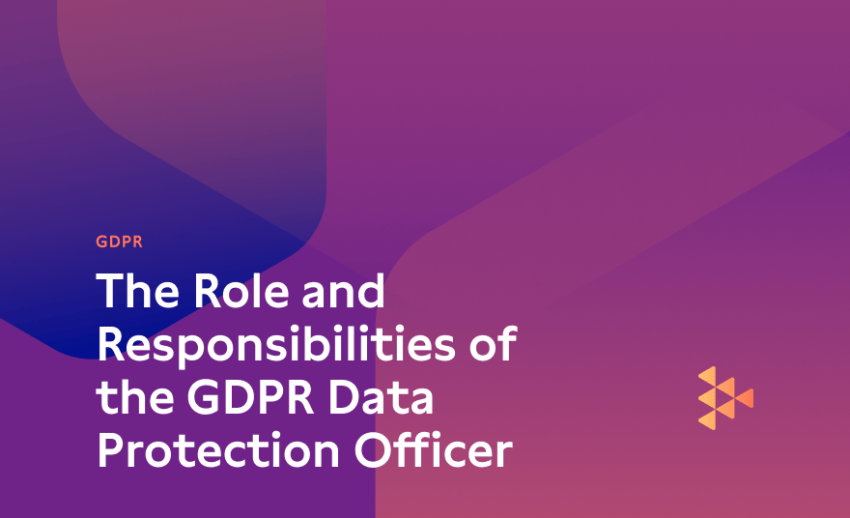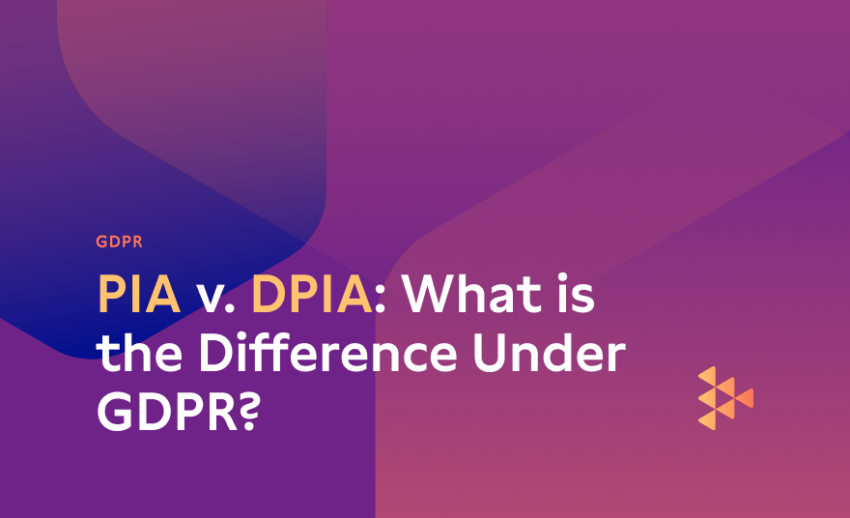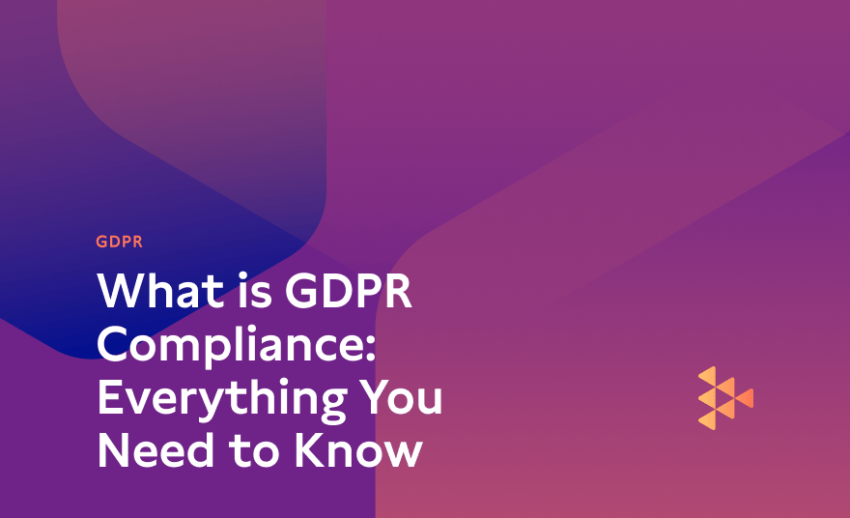Achieve GDPR Compliance in Record Time with Carbide
The GDPR is the most well-known global privacy law in place to ensure companies are held accountable for keeping private data safe. Becoming GDPR compliant can open doors to new customer demographics and markets. Achieve and maintain compliance with the help of our easy-to-use platform and advice from our security compliance experts.
Here’s what happens next:
A member of our team will contact you directly to set up a convenient date and time for a 60 min demo.
What you get:
- A live view of the Carbide Platform and all included features and frameworks
- Details on how Carbide can fast track your timelines and build structure around your initiative
- Insights into how your current controls address the needs of auditors, regulators, board members, and potential
(function (w) { w._g2load = true; function p(i, s) { i = document.getElementById(“g2-widg-carbide-1031906”); s = “https://www.g2.com/products/widget.embed?id=1031906&max=4&product_id=carbide&version=2&wid=1658255583&text_style=text-dark”; i.innerHTML = “”; w._g2load = true; } if (w._g2load) p(); w.addEventListener ? w.addEventListener(“load”, p, false) : w.attachEvent(“onload”, p); }(window));
Don't put your security on auto-pilot
At Carbide we offer you a team to implement the right compliance program for you that is right beside you from start to finish to ensure you meet your customers’ expectations in time to win the deal.
Assure customers you’re protecting their data. GDPR is a journey with many steps that have to conform to the European Union’s strict set of regulations for data protection.
With the Carbide Platform and its embedded DRIVE approach (Design, Review, Implement, Validate, and Evolve) to information security, you can leave your checklists and spreadsheets in the past and follow our step-by-step plan to implement GDPR’s requirements.
DRIVE growth, not just compliance.
-
Design & Review
Get started quickly with a gap analysis and use the Carbide Platform to auto-generate the custom-tailored policies and associated tasks required to establish and maintain GDPR compliance.
-
Implement
Don’t have a dedicated privacy or security team – Carbide helps with that. Our platform breaks GDPR down for you, giving you a clear plan, pre-populated tasks, a robust project management interface specific to GDPR requirements.
-
Validate
Prove you honor the GDPR’s requirements for collecting, storing, transmitting, and securing personal information.
-
Evolve
Easily evaluate your current security posture with automated compliance checks designed to help you maintain continuous compliance with the GDPR.
Frameworks and Regulations We Support
Frequently Asked Questions
GDPR stands for the General Data Protection Regulation. It protects the citizens of the European Union and went into effect in May of 2018. The GDPR ensures that companies are held accountable for keeping personal information safe. Although this law was created in the European Union to protect the data of its citizens it affects companies that deal with worldwide business and handle data around the world. The GDPR set new standards for global privacy and initiated a wave of similar laws globally.
This principle within the GDPR institutes Privacy by Design as a primary element of data protection in which technologies are designed to include privacy as a default function rather than an option. In this way, when a user accesses a website or service, the default is that a data subject’s utmost privacy remains intact throughout the lifecycle of the data processing venture.
The data processor under the GDPR simply is the processor of the data that the Data Controller provides them. The data processor is a third party the controller chose to work with and to process the data, and they do not own the data and they do not control the data.
The GDPR regulates what companies can do with the data they collect and process about European citizens. These regulations apply to any business (including those based in the US and Canada) that stores or processes the data of European citizens. The most important feature of this privacy law is that it gives users more rights and control over what your business does with their data and whether they wish to consent to the collection of their data by your business.
Under GDPR, “pseudonymization” is a process required for all stored data. Pseudonymisation is the process that transforms how data is stored in a way that will make the final data not attributable to a specific data subject (person or company) without using any additional information. Pseudonymisation is an alternative to complete data anonymization. An example of pseudonymization is encryption.
As the title suggests, the Data Controller is in charge of data and they have the most responsibility in regards to the protection of privacy and the rights of “Data Subjects”. The controller is also the collector of data.
Under GDPR, the controller must disclose any and all data collection, disclose the lawful basis for and the purpose for data processing. They are also required to state the timeframe for data processing. They are also responsible to state the timeframe for data retention. Another requirement for controllers is that they must disclose if the data collected is being shared with any third parties or outside of the EEA.



